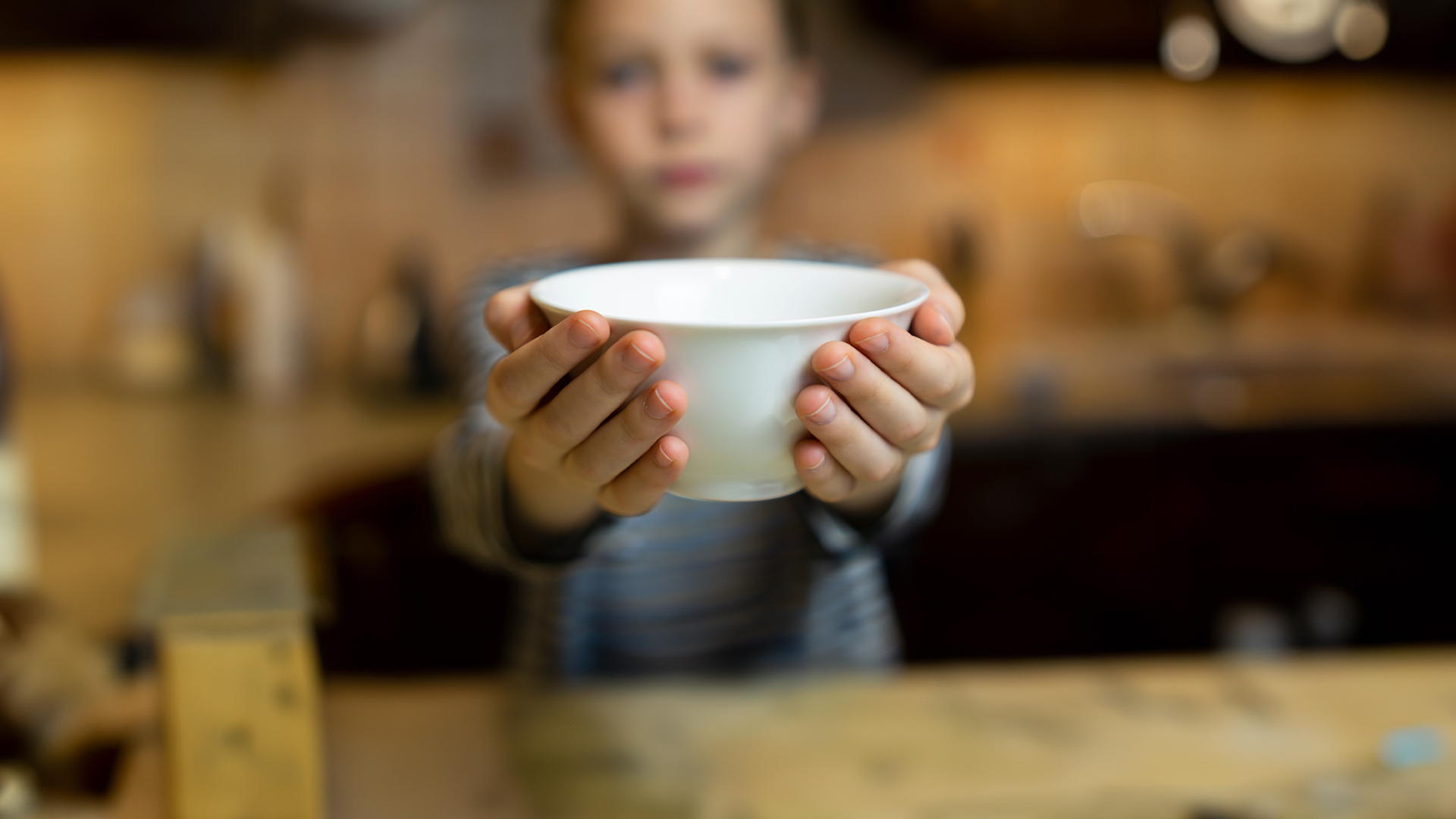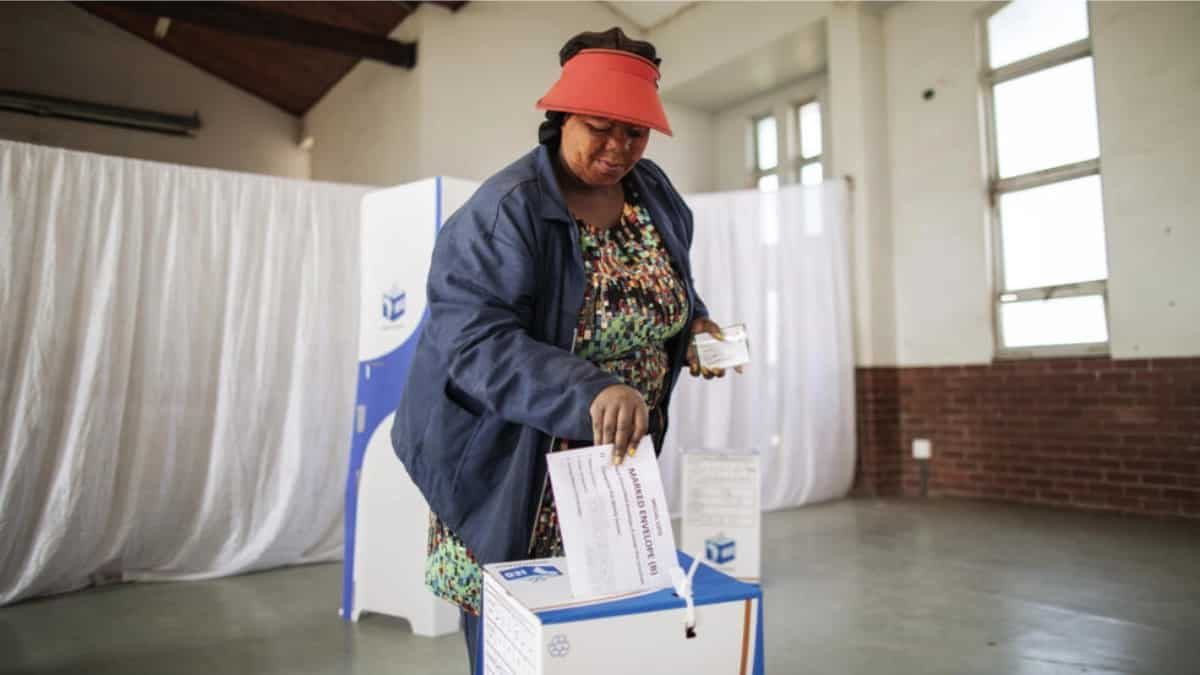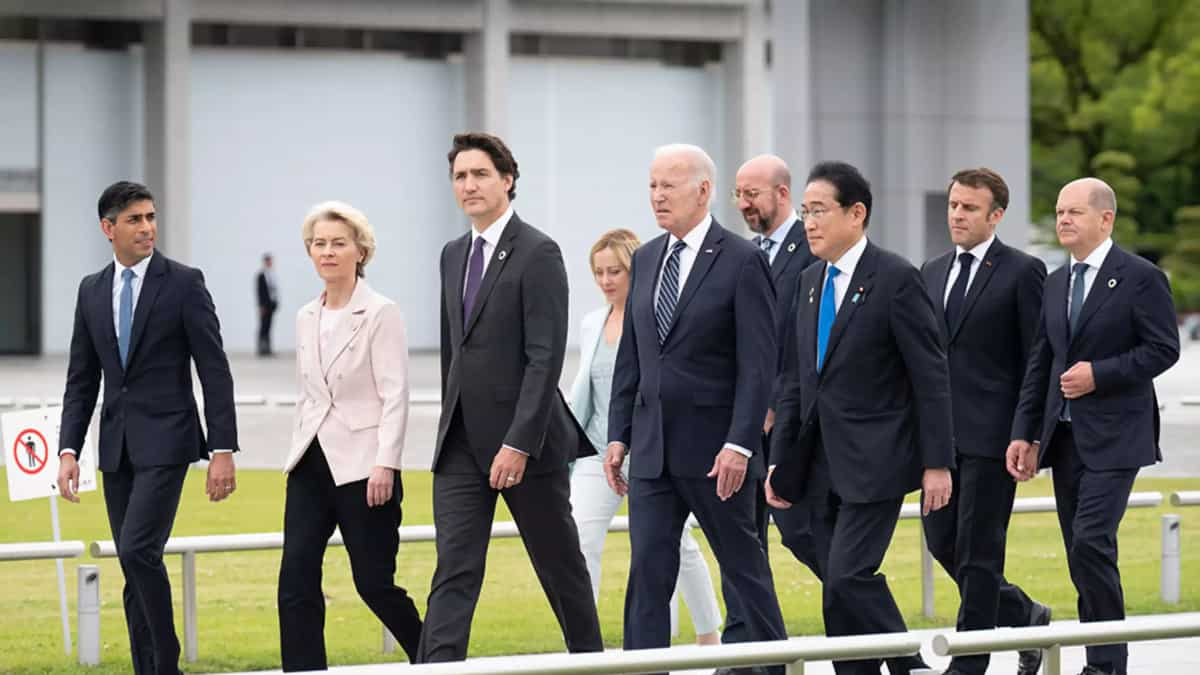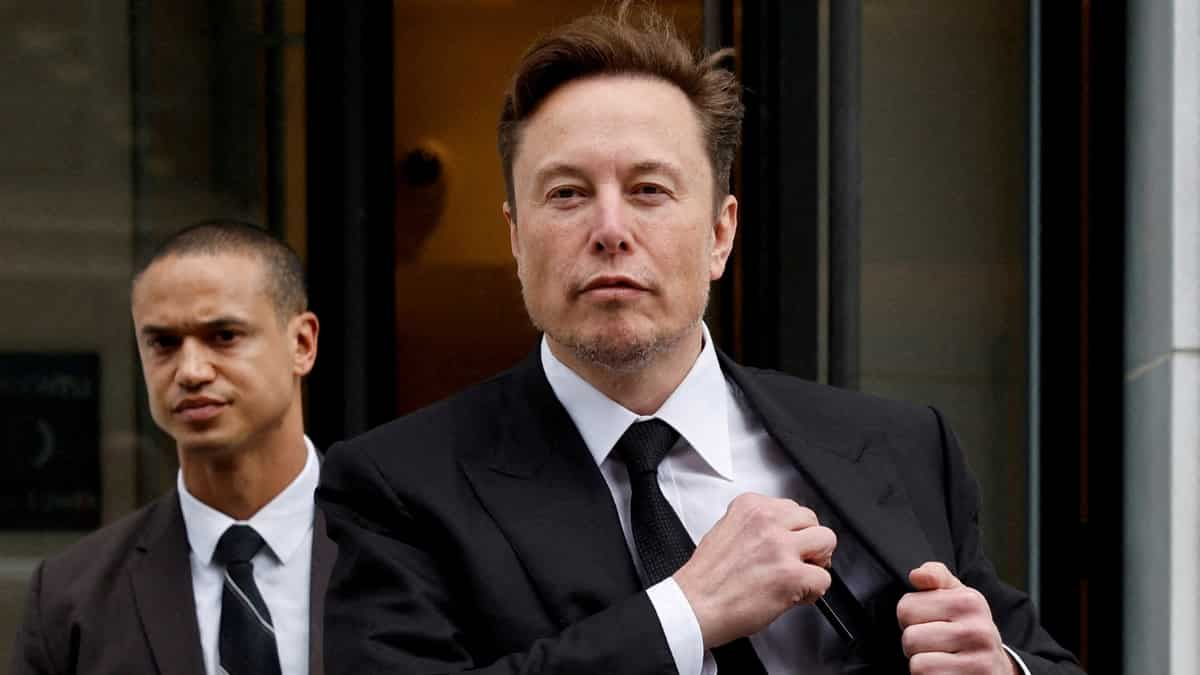
Economy
Children in Poverty: A National Disgrace
A
Alice Hawthorne
Publicado hace 11 meses • 20 de mayo de 2024
Child Poverty Crisis in the UK
In the UK, there are currently over four million children living in poverty, marking the highest number in two decades. Among them, one million children are experiencing extreme poverty and destitution, lacking basic necessities such as food, cleanliness, and warmth.
Shirley Ballas Advocates for Free School Meals
Shirley Ballas, head judge of Strictly Come Dancing, has been a vocal advocate for providing free school meals to all children in the UK. Drawing from her own childhood experiences, she emphasizes the importance of hot meals for children’s well-being.
Disparities in Free School Meals Provision
While most state primary school children in London, Scotland, and Wales receive free school meals, the provision is limited to children up to the age of seven in the rest of England, with Northern Ireland facing challenges in universal availability.
Challenges Faced by Families
The rising cost of food, coupled with restrictions on eligibility for free school meals, has put a strain on working families relying on Universal Credit. This has led to schools becoming key providers of charitable food and household aid for struggling families.
Impact on Children and Families
Charities and academic studies highlight the detrimental effects of policies such as the two-child cap, which contribute to child poverty and food insecurity. Families are struggling to make ends meet, with children bearing the brunt of financial constraints.
Call for Government Action
Campaign groups are urging the government to introduce an ‘essentials guarantee’ to support families on Universal Credit in meeting basic needs. This initiative could potentially lift hundreds of thousands of children out of poverty.
Government Response
The government defends its efforts to reduce child poverty, citing a decrease in absolute poverty levels and initiatives to support working families. However, challenges persist, and further action is needed to address the root causes of child poverty in the UK.
Support and Resources
- NSPCC: Contact Childline for children in need of support or the NSPCC Helpline for concerns about child welfare.
- Barnardo’s: Find information on services and support for children and families.
- Citizens Advice: Seek assistance with Universal Credit, debt, and other financial matters through local Citizens Advice services.
- Shelter: Access expert advice on homelessness and eviction risks through Shelter’s website.
- Samaritans: For emotional support, contact Samaritans via phone or email.
Sobre el autor
A
Alice Hawthorne
Alice is a freelance writer from London with a keen interest in exploring and illustrating the complexities of urban and political life in the UK. Through her contributions to various online platforms, she offers insightful analysis into economics, politics, and lifestyle, constantly seeking stories that strike a chord on both a personal and collective level. With a commitment to depth and authenticity, Alice is devoted to unveiling and sharing the nuances of British society with a global audience.
Artículos relacionados

World
Aca un enlace a Interamplify Political Shift in South Africa The South African rand fell 1% against the US dollar in early Johannesburg trade on Thursday, hitting its weakest point in four weeks. Partial results from South Africa’s national election indicated a significant political shift, with the African National Congress (ANC) potentially losing its parliamentary […]
A
Alice Hawthornehace 10 meses



